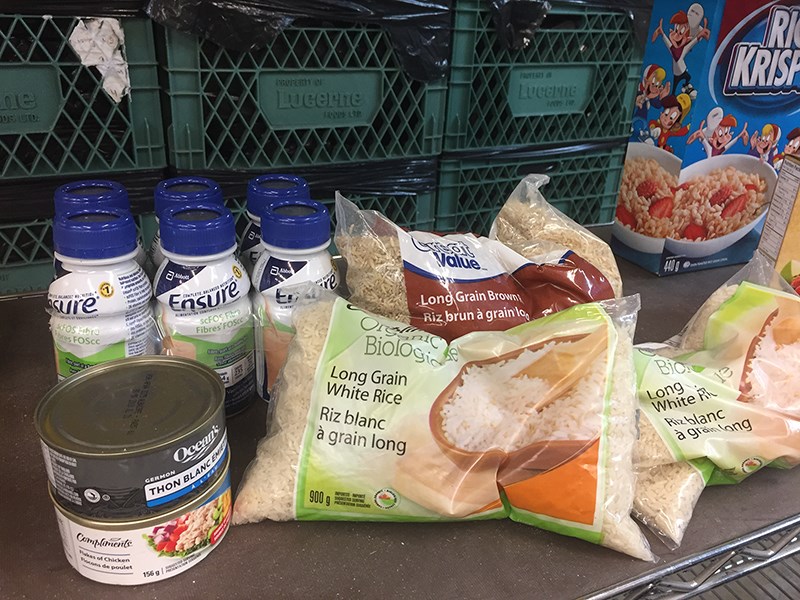The Editor,
Re. “Summer too slow at food bank” (The Tri-City News, June 28).
I feel shamed in calling myself a Canadian when I consider the minority of individuals in opposition to our new government’s recent proposal to raise income assistance and welfare rates.
Further, it is puzzling that such critics erroneously presume they are impervious to the ramifications of poverty when, in reality, the costs to our health care and criminal justice systems alone affect every citizen, rich and poor alike.
Why don’t the impoverished enrol in night school courses after work and educate themselves in pursuit of higher-paying jobs? Often, disability recipients are stymied by individually unique barriers to employment, all of which can be serious and often the result of chronic underlying illnesses.
For anyone currently clinging to the antiquated precept of “survival of the fittest” when it comes to humans, let me ask you this: If, for whatever hypothetical reason — perhaps due to a stock market crash — you lost your fortune overnight and became destitute, wouldn’t you agree that “survival together in unity” encapsulates a more humane variation on the theme?
The individual you help today with a small meal could potentially return the favour tomorrow by splitting a lottery ticket or saving you from a burning building. By citing this example, I’m not alluding merely to karma but to the equally important but scientifically sound principle of unity, a characteristic so essential and invaluable it has enabled us to prosper and to build cooperative networks of individuals helping one another. Namely, it has helped found the country of Canada, of which I am a proud and patriotic citizen.
We’ve already demonstrated generosity and kind-heartedness as a nation towards immigrants fleeing from hostile nations, garnering international praise for being so accommodating. Let’s embrace our unity, open our hearts and extend the same courtesy towards our fellow Canadians by generously giving to our food banks and wholeheartedly supporting our impoverished population.
Peter Toth, Port Coquitlam



